Our History
Explore the timeline

1985
Our founder Sharon Darling and her colleagues develop an award-winning model for comprehensive family literacy. The Parent & Child Education (PACE) program becomes a state law in Kentucky and eventually gets adopted nationally.

1989
NCFL is founded as a 501c3 organization. NCFL’s first donation establishes family literacy in multiple states
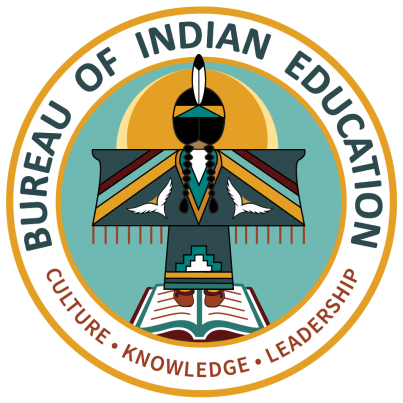
1990
NCFL partners with the Bureau of Indian Education (BIE) to implement family literacy in six schools
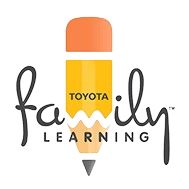
1991
Toyota partners with NCFL to establish the Toyota Families for Learning (TFFL) initiative, a model literacy and learning program that brings families together to improve their lives.
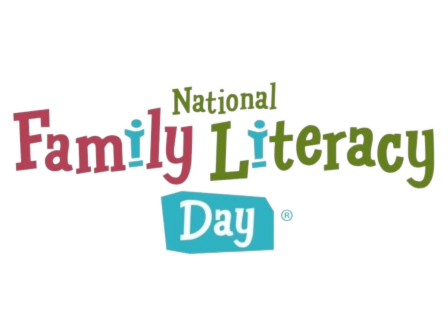
1996
NCFL and Toyota sponsor National Family Literacy Day and inaugurate the annual Family Literacy Teacher of the Year award.
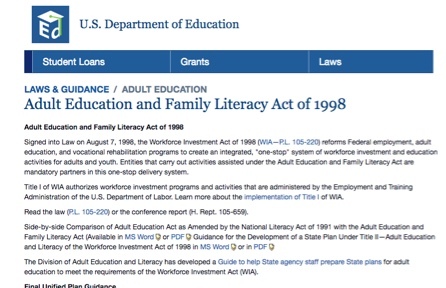
1998
NCFL is the lead influencer in the establishment of the Adult Education and Family Literacy Act, creating a federal definition of family literacy services
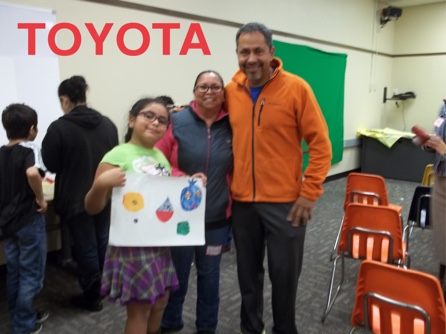
1999-2003
Learning programs for elementary students and their families are established by NCFL in 15 school districts and 45 schools. Toyota’s family literacy program launches, bringing Hispanic-Latino and other families together to serve educational needs through programming. The initiative ultimately reaches 90 schools in 30 cities.
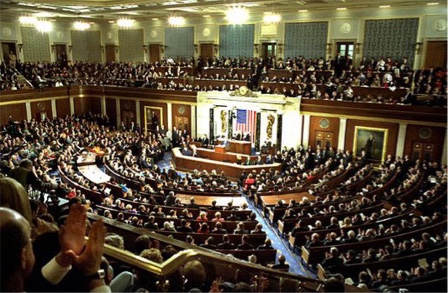
2004
NCFL and program staff initiate 25 meetings on Capitol Hill for the newly formed Hispanic Family Literacy Institute (HFLI).

2010
NCFL launches Wonderopolis.org, an online platform that reaches 15 million annual users. NFCL also offers its first online course to adult educators.

2013
NCFL co-founds the Aprendiendo Juntos Council, which seeks to identify new ways to improve educational outcomes in Hispanic-Latino families through technology.
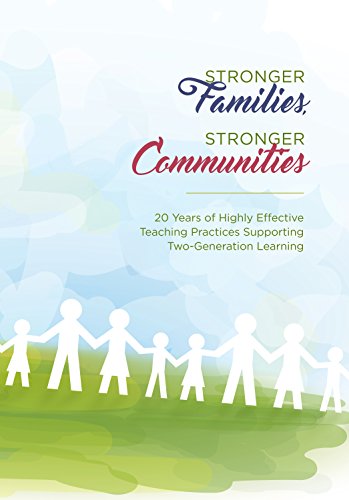
2016
NCFL publishes its first book, Stronger Families, Stronger Communities, highlighting the practices and strategies of 20 of the nation’s best teachers.
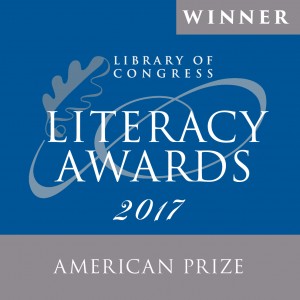
2017
NCFL is awarded the American Prize for Literacy by the Library of Congress.

2018
The US Department of Education appoints NCFL to lead the establishment of Statewide Family Engagement Centers (SFEC) in Arizona and Nebraska. NCFL’s SFEC work will eventually expand to include Colorado and North Carolina.

2021
Lifelong educator and national thought leader Dr. Felicia Cumings Smith succeeds founder Sharon Darling as NCFL’s new president and CEO.

2023
NCFL launches a bold new vision to establish aligned and coordinated family learning systems in 60 communities, built with and for families, to increase education and economic outcomes and create thriving communities.

2024
NCFL celebrates 35 years of working alongside families across the country to improve their academic and economic outcomes.